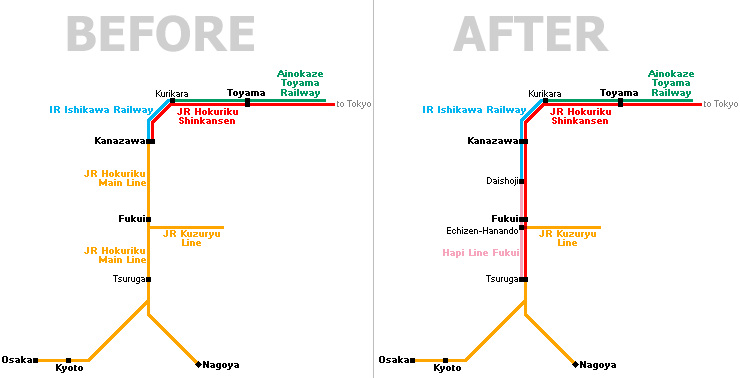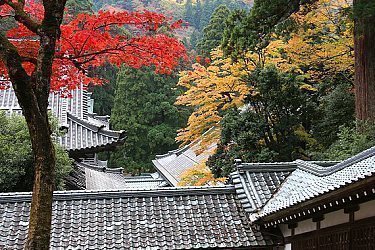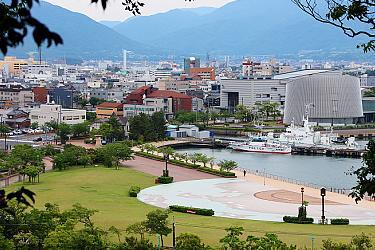Bullet train network to be expanded on March 16
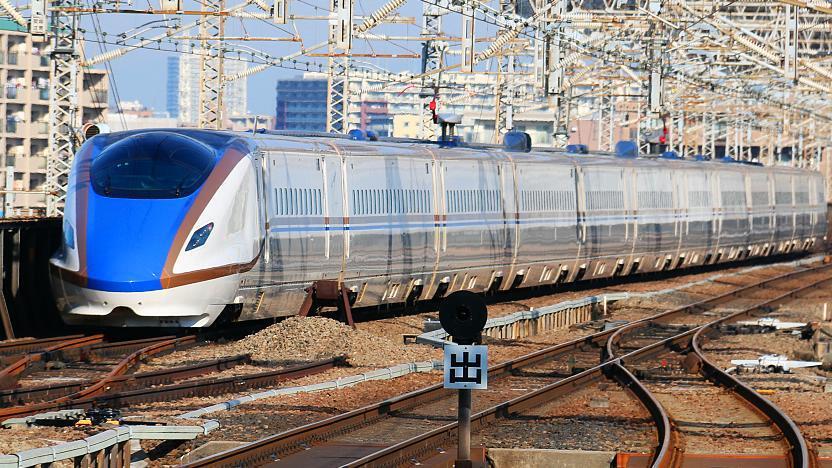
On March 16, 2024, the Hokuriku Shinkansen, which currently connects Tokyo with Kanazawa, will be extended from Kanazawa to Tsuruga. The extension will result in faster train journeys in the region, especially to Fukui Prefecture. The Japan Rail Pass and several regional rail passes will cover the extended line. As a result, the cost of some of the passes will increase.
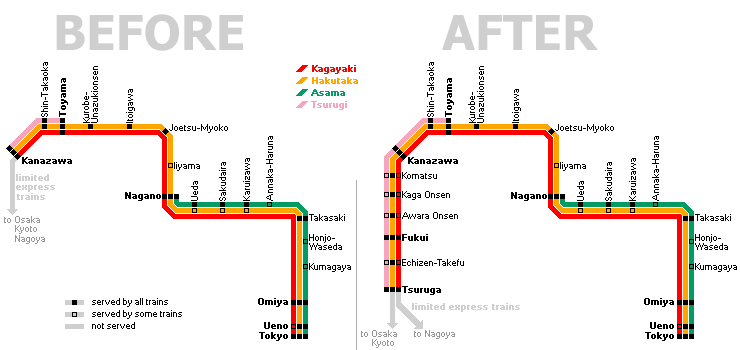
What changes?
Thanks to the new direct shinkansen connection, travel time from Tokyo to Fukui will be shortened by about half an hour to around three hours. Note, however, that to reach Tsuruga from Tokyo, it remains quicker (and cheaper) to take the Tokaido Shinkansen and limited express train via Maibara instead of taking a direct train along the Hokuriku Shinkansen.
Travel time from Osaka, Kyoto and Nagoya to Fukui and Kanazawa will decrease by around 15-20 minutes; however, a transfer of trains will newly be required at Tsuruga along the way (see more details about the transfer). Currently these cities are connected with each other by direct limited express trains.
Train fares along the extended shinkansen line will increase by typically a few hundred yen to around 1500 yen.
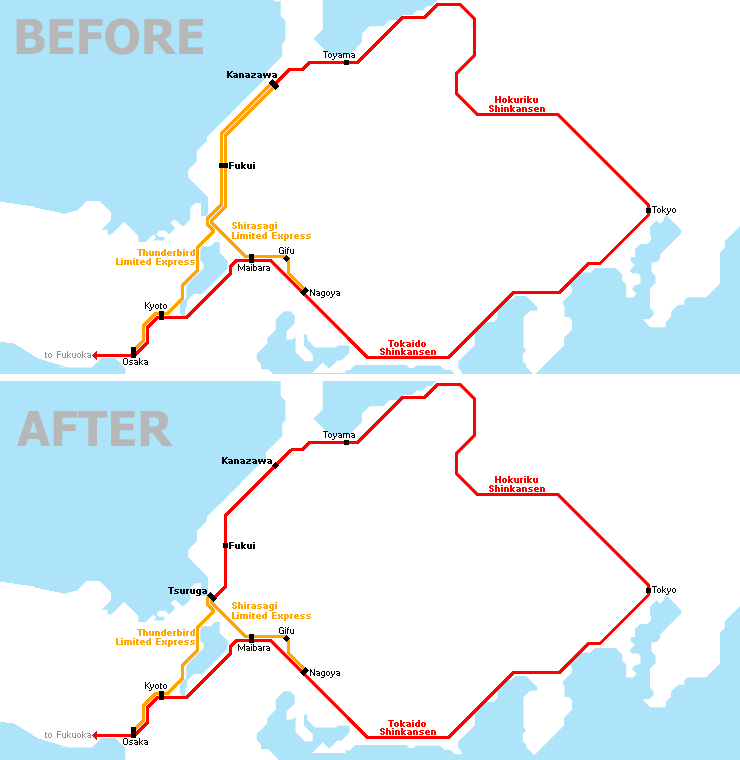
Effect on the cost of rail passes
Due to the shinkansen extension, the cost of several rail passes will increase on March 16:
- Hokuriku Arch Pass: 24,500 → 30,000 yen
- Kansai Hokuriku Area Pass: 17,000 → 19,000 yen
- Hokuriku Area Pass: 5,090 → 7,000 yen
Note that if you purchase one of the above passes (or its exchange voucher) before March 16, you will still be able to use the pass on the extended Hokuriku Shinkansen after March 16 without paying extra. So, if you plan a trip to Japan this spring, you can save on the above passes by purchasing them before March 16.
In addition, the cost of JR West One-Way discount tickets for trips from Osaka/Kyoto in the direction of Fukui and Kanazawa will increase by roughly 20-30 percent on March 16.
There will be no price increases for the Japan Rail Pass, JR West All Area Pass and Takayama Hokuriku Area Tourist Pass, which will also be valid on the extended shinkansen.
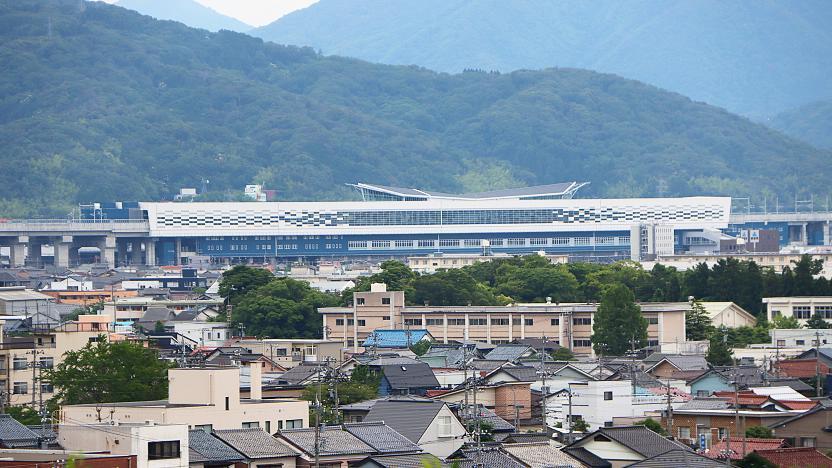
JR Hokuriku Main Line turns non-JR between Tsuruga and Kanazawa
A change, which does not cause only positive reactions, is the fact that the JR Hokuriku Main Line, the regular JR train line between Tsuruga and Kanazawa, will become a non-JR line when the shinkansen gets extended on March 16. This means that JR pass holders won't be able to use any stations other than the shinkansen stations anymore. For the Seishun 18 Kippu it even means that Fukui and Kanazawa will become Japan's first prefectural capitals (besides Naha) to become inaccessible for holders of the popular discount ticket.
From March 16, the current JR Hokuriku Main Line between Tsuruga and Kanazawa will newly be operated by the Hapi Line Fukui within Fukui Prefecture and by the IR Ishikawa Railway within Ishikawa Prefecture. JR passes will generally not be valid on these railways.
As another consequence of the above, the JR Kuzuryu Line, a rural train line connecting Fukui with Ichijodani and Kuzuryuko, will become an isolated JR line, not connected to any other JR line. For JR pass holders to still be able to access the isolated line, a special rule will be introduced, which allows pass holders to use the short non-JR section between Fukui and Echizen-Hanando. Similarly, Seishun 18 Kippu holders will be allowed to ride the Hapi Line Fukui between Tsuruga and Echizen-Hanando to access the JR Kuzuryu Line under the condition that they do not get on or off the train at any stations other than Tsuruga and Echizen-Hanando.
